Coronavirus crisis could lead to wildlife ranger jobs being cut and a 'poaching pandemic', warn leading conservationists
We are protecting wildlife at risk from poachers due to the conservation funding crisis caused by COVID-19. Help is desperately needed to support wildlife rangers, local communities and law enforcement personnel to prevent wildlife crime. Donate to help Stop the Illegal Wildlife Trade HERE
Emma Ledger
2 days ago
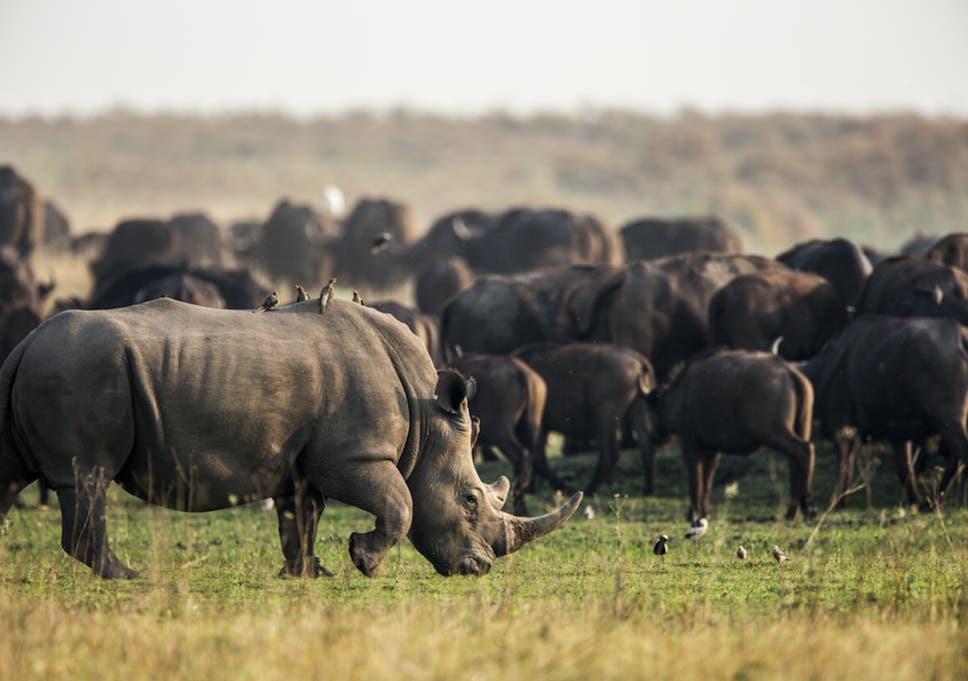
Beverly Joubert
Covid-19 risks creating a funding crisis that could lead to wildlife ranger jobs being cut and a ‘poaching pandemic’, leading conservationists have told The Independent.
Many conservation organisations have seen revenue plummet as a result of the economic crisis caused by the virus.
With few government support schemes available, a reduction in ranger numbers would risk more animals been killed, fuelling the illegal trade in wildlife.
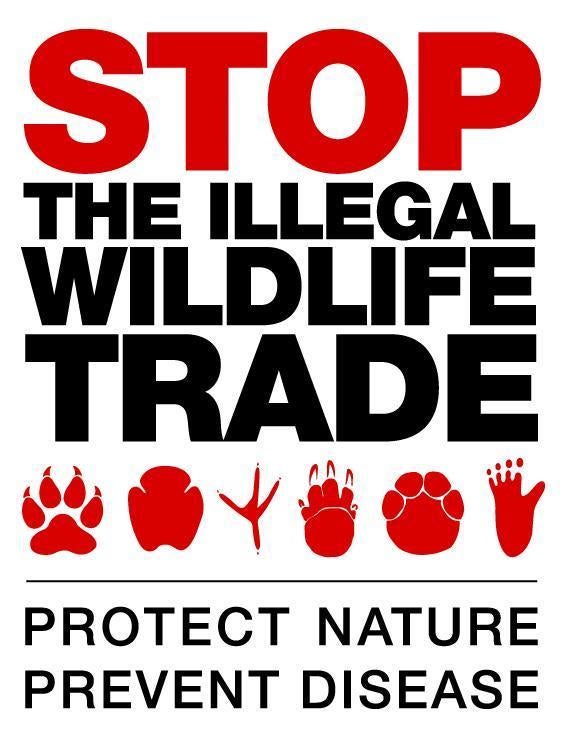
The Covid-19 conservation crisis has shown the urgency of The Independent’s Stop The Illegal Wildlife Trade campaign, which seeks an international effort to clamp down on illegal trade of wild animals
Dereck and Beverly Joubert, the founders of Great Plains Conservation, told The Independent that “the situation is unravelling” and “we need rangers now more than ever”.
“There were about 40,000 rangers across Africa before Covid-19,” Dereck said. “But reports suggest that this figure will be cut by between 40-50 per cent.
“Without rangers we risk returning to the high poaching levels that many countries suffered decades ago.”
In response, they have set up an emergency intervention called Project Ranger to identify areas most urgently in need.
They will work with local, on-the-ground partners to support rangers and anti-poaching personnel to keep animals safe if critical gaps in the anti-poaching operations emerge in Africa’s protected areas.
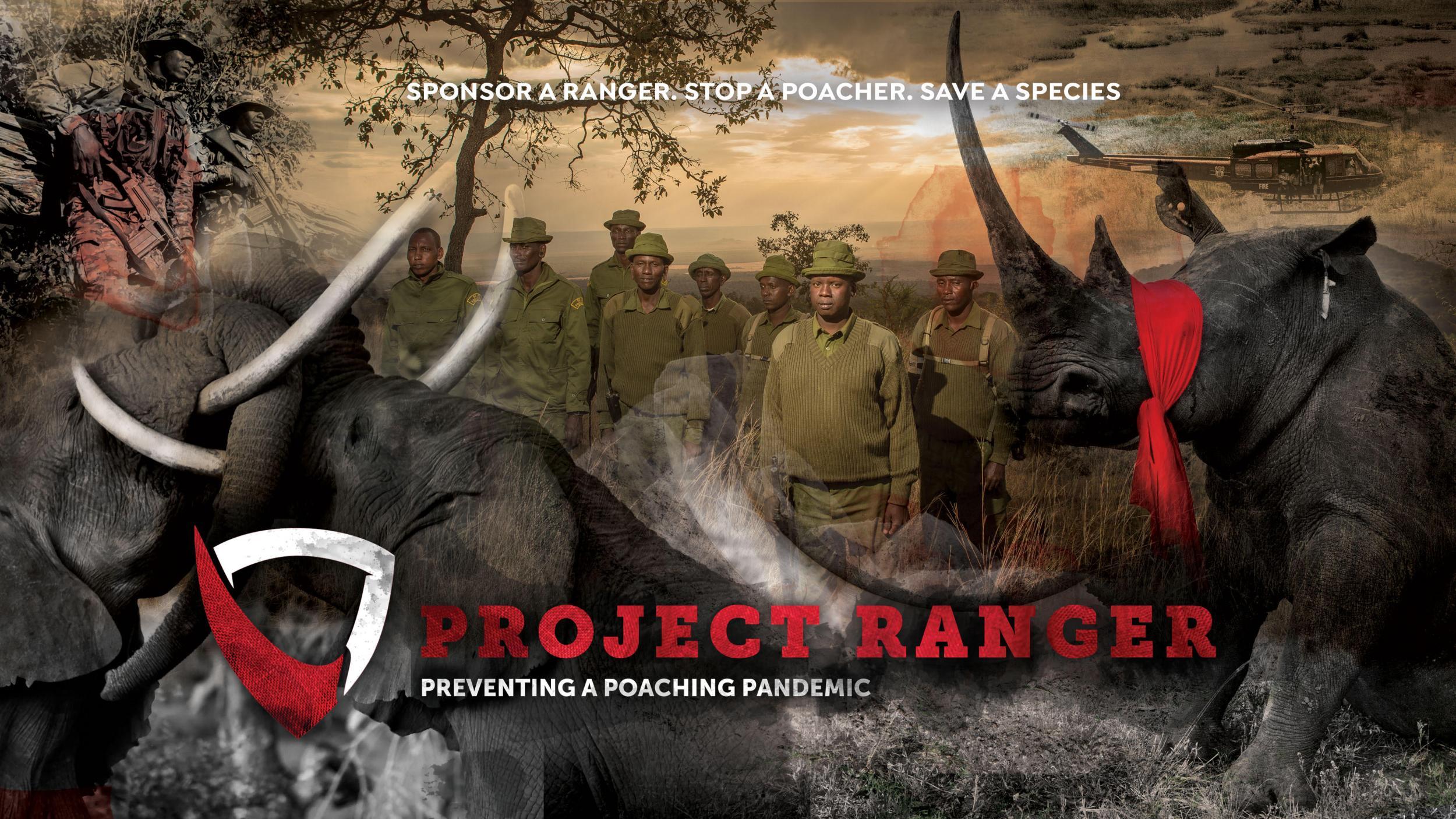
Project Ranger is an emergency intervention to protect frontline staff set up by Dereck and Beverly Joubert
This week The Independent revealed the potential scale of the conservation crisis caused by the pandemic as tourism revenues plummet, which in turn risks impacting on the livelihoods of hundreds of rangers.
It shows the urgency of our Stop The Illegal Wildlife Trade campaign, which was launched by The Independent's largest shareholder Evgeny Lebedev to call for an international effort to clamp down on the illegal trade of wild animals, which remains one of the greatest threats to future biodiversity.
Funds raised will to pay for vital wildlife protection projects implemented by the campaign’s partner charity Space for Giants. This will work to help stop the poaching and illegal trafficking of animals.
Guy Disney, Frontline Protection Technical Advisor for Space for Giants, said: “The illegal wildlife trade operates across national borders, so to disrupt it most effectively, our approach is to work with organisations that also collaborate across borders to allow threats to wildlife minimised.”
Targeted patrols have helped contribute to a drop in elephant poaching of 90% where Space for Giants operates in Kenya. However such successes rely on pre-Covid levels of ranger protection - if not more.
At the start of April, 10 of the 35 anti-poaching personnel who protect Tanzania’s Enduimet Wildlife Management Area were told they were out of a job.
Safeguarding the 450-square mile area for the remaining workers means harder work, with extra distances to patrol each day. New restrictions to prevent the spread of Covid and to keep them safe - such as time-consuming hygiene measures - have made their jobs harder.
National governments and conservation NGOs have worked throughout the crisis to maintain deploying wildlife rangers and surveillance teams across Africa.
Wildlife hotspots devoid of the usual level of surveillance would allow both subsistence poachers and criminal networks to encroach on land that might ordinarily be avoided, killing even more animals and flooding the wildlife trade market.
Sport Beattie, Founder and CEO of Game Rangers International, trains and manages more than 100 rangers in Zambia. He said “Conservationists across the continent are extremely concerned that wildlife crime could potentially spread as fast as the virus, if left unchecked. None of us knows what the future looks like.”
More than 1,000 rangers have died in the line of duty in the past decade, testament to the threat faced in their struggle against the illegal wildlife trade.
Kaddu Sebunya, CEO of African Wildlife Foundation, said that as incidences of poaching increase so too does the risk to rangers. He said: “We're hearing about more clashes between poachers and security officers, which have resulted in deaths.”
MORE ABOUT:
STOP THE WILDLIFE TRADE | COVID-19 | CORONAVIRUS | RANGERS | STOP THE ILLEGAL WILDLIFE TRADE
Coronavirus, and the economic havoc it has wreaked, is causing a global conservation crisis
We are protecting wildlife at risk from poachers due to the conservation funding crisis caused by Covid-19. Help is desperately needed to support wildlife rangers, local communities and law enforcement personnel to prevent wildlife crime. Donate to help Stop The Illegal Wildlife Trade HERE

Evgeny Lebedev @mrevgenylebedev
3 days ago
A few years ago, I had the honour of meeting the world’s most eligible bachelor. Sudan was a hulking great rhinoceros, protected by the Ol Pejeta Conservancy in Kenya. I remember stroking the gentle giant, struggling with the fact that this was the last male northern white rhino on the planet. Two years ago he died, thus making this subspecies extinct.
As Covid-19 wreaks havoc on public health and the world economy, a new conservation crisis has gone unnoticed. Since March of this year, it is feared that 10 per cent of Botswana’s rhinos lie dead.
Niger has uncovered a “massacre” of gazelles in a nature reserve. And Uganda is seeing an unprecedented rise in snare traps, designed to trap large mammals like rhinos and elephants.
In Asia, the problem is equally grave. India has seen a doubling of leopard poaching. Nepalese musk deer are threatened, and wildlife ecosystems across South Asia are coming under new stresses.
Watch more
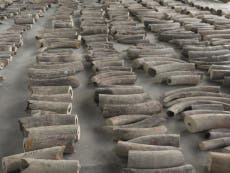
Watch more

Can social media be weaponised against the illegal wildlife trade?
In Russia, wildfires are raging across the Siberian tundra, destroying acres of animal habitat. The long-running battle to save the Amur leopard – of which there remains an adult population of just 90 individuals, according to WWF – is a particular source of concern for me during this crisis.
Ignore it as we may, the human and natural worlds are intimately linked. This coronavirus-induced conservation crisis stems from the global economic crash caused by the virus, the effects of which we will likely experience for many years. On the ground, a collapse in tourism threatens to enfeeble the ability of national parks and local conservation groups to protect wildlife. A fall in funding for NGOs has left them worrying how to support the vital work of rangers and national park sites.
Just last week, the head of one world-renowned wildlife NGO admitted to me in private that his organisation’s funding was in tatters, and its conservation and research work across the world may not be able to continue.
The coronavirus has forced governments in Africa and South Asia particularly to refocus their attention, not on long-term environmental and ecological targets, but on immediate welfare programmes for their people. In Africa especially, governments commendably enforced strict lockdowns that have so far spared the continent the brunt of the coronavirus crisis – but this has caused major economic damage to what in many cases were already among the world’s weakest economies.
The bottom line is that people are suffering, many are falling back into poverty and many more are hungry. Illegal poaching, deforestation and the taking of animal parts are shooting up – of this much we are certain.
Watch more
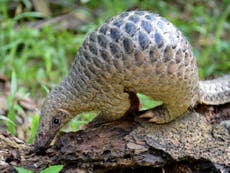
In Russia, wildfires are raging across the Siberian tundra, destroying acres of animal habitat. The long-running battle to save the Amur leopard – of which there remains an adult population of just 90 individuals, according to WWF – is a particular source of concern for me during this crisis.
Ignore it as we may, the human and natural worlds are intimately linked. This coronavirus-induced conservation crisis stems from the global economic crash caused by the virus, the effects of which we will likely experience for many years. On the ground, a collapse in tourism threatens to enfeeble the ability of national parks and local conservation groups to protect wildlife. A fall in funding for NGOs has left them worrying how to support the vital work of rangers and national park sites.
Just last week, the head of one world-renowned wildlife NGO admitted to me in private that his organisation’s funding was in tatters, and its conservation and research work across the world may not be able to continue.
The coronavirus has forced governments in Africa and South Asia particularly to refocus their attention, not on long-term environmental and ecological targets, but on immediate welfare programmes for their people. In Africa especially, governments commendably enforced strict lockdowns that have so far spared the continent the brunt of the coronavirus crisis – but this has caused major economic damage to what in many cases were already among the world’s weakest economies.
The bottom line is that people are suffering, many are falling back into poverty and many more are hungry. Illegal poaching, deforestation and the taking of animal parts are shooting up – of this much we are certain.
Watch more

Banning wildlife markets will help protect us from the next pandemic
What we cannot currently know is the extent of the damage. Many of these areas, in sub-Saharan Africa particularly, are out of bounds and inaccessible during this time. We need to have experts on the ground to assess the damage and help those at risk of absolute poverty to secure their livelihoods.
When I launched our Stop The Illegal Wildlife Trade campaign in The Independent and Evening Standard, we knew that the natural world was under threat. We did not know the extent of the damage. This is only now becoming clear.
That is why our campaign is so urgent. Through zoonotic transfer via a pangolin, the coronavirus emerged from the illegal wildlife trade, as did Sars and countless other diseases. We are campaigning alongside the conservation charity Space for Giants to gather the resources to protect wildlife. And we want our campaign to play a part in showing readers why this issue is among the most serious crises facing humanity at present.
After Covid-19, we can no longer pretend that what happens in the natural world is cordoned off from our world, or our lives. I hope you, the readers, will join us in this fight to prevent more species following the fate of Sudan. Our campaign to end the illegal wildlife trade aims to protect nature, but in doing so we are also protecting our own future.
Evgeny Lebedev is a shareholder of The Independent and the Evening Standard
What we cannot currently know is the extent of the damage. Many of these areas, in sub-Saharan Africa particularly, are out of bounds and inaccessible during this time. We need to have experts on the ground to assess the damage and help those at risk of absolute poverty to secure their livelihoods.
When I launched our Stop The Illegal Wildlife Trade campaign in The Independent and Evening Standard, we knew that the natural world was under threat. We did not know the extent of the damage. This is only now becoming clear.
That is why our campaign is so urgent. Through zoonotic transfer via a pangolin, the coronavirus emerged from the illegal wildlife trade, as did Sars and countless other diseases. We are campaigning alongside the conservation charity Space for Giants to gather the resources to protect wildlife. And we want our campaign to play a part in showing readers why this issue is among the most serious crises facing humanity at present.
After Covid-19, we can no longer pretend that what happens in the natural world is cordoned off from our world, or our lives. I hope you, the readers, will join us in this fight to prevent more species following the fate of Sudan. Our campaign to end the illegal wildlife trade aims to protect nature, but in doing so we are also protecting our own future.
Evgeny Lebedev is a shareholder of The Independent and the Evening Standard
No comments:
Post a Comment